With advanced technologies and a fast-paced lifestyle, it has become the norm for couples to have mentally prepared children for parenthood.
However, it is undeniable that most couples struggle to conceive in their later years due to rising fertility issues. As a result, assisted reproductive technologies, such as egg freezing, have proven to be lifesavers for couples, particularly women who wish to conceive later in life.
“It’s medically known as mature oocyte cryopreservation; it’s a method that involves preserving a woman’s ability to become pregnant in the future,” explains Dr. Hrishikesh Pai, who provides among the Leading Cryopreservation Treatment from Mumbai.
Unfertilized eggs are gathered from the ovaries and frozen for later use in this method.
They can be manually combined with sperm and implanted in the uterus, according to Dr. Hrishikesh Pai of Babies & Us Fertility IVF & ICSI Centre in Mumbai.
Who will be able to benefit from it?
“For women who are not yet ready to start a family but want to conceive in their 30’s, egg freezing is a viable option. One of the most significant benefits of this method is that it is a multi-step procedure that does not need donor sperm and can get fertilized at the period of conception. “Dr. Hrishikesh Pai expressed his thoughts.
It is critical to understand when a woman can use this method before using it. These are some of them:
Infertility: The majority of couples are unable to conceive due to a variety of factors that can contribute to fertility issues, such as lupus, sickle cell anemia, or PCOD.
In the case of cancer treatment: Cancer treatment has a significant impact on the body, causing various organs to weaken.
Chemotherapy and other medications can emit harmful radiations that can affect a person’s fertility.
During IVF: In vitro fertilization (IVF) is another method that involves fertilizing eggs with sperm in a laboratory setting. Doctors may recommend egg freezing to women depending on their circumstances.
Deferred pregnancy: Some couples want to postpone pregnancy to preserve young eggs for a future pregnancy.
Physical issues: Infections, organ failure, and other physical issues such as endometriosis (a disease in which tissues develop outside the womb and block the fallopian tube) can all affect the quality of eggs.
What are the steps to follow?
Before egg freezing, patients must go through a series of tests to rule out any infections that could make the procedure more difficult.
The procedure is then carried out, with the patient being closely monitored at all times.
Egg freezing entails several steps, but it can be broken down into three categories. These are some of them:
Ovarian stimulation: It involves injecting synthetic hormones into patients to stimulate their ovaries and cause them to produce multiple eggs rather than just one.
To avoid the possibility of premature ovulation, the patient is also given other medications.
Blood tests and vaginal ultrasound are then used to assess the response and track the development of follicles (fluid-filled sacs where eggs mature).
Follicles develop inside the ovaries in 12-14 days on average.
Egg retrieval: An ultrasound probe is inserted into the vagina to identify the follicles, which is done under sedation.
The egg is removed from the follicle using a suction device connected to a needle, and this process can take up to 10-15 cycles to ensure that enough eggs are collected.
Freezing: Unfertilized eggs are collected and frozen at sub-zero temperatures to preserve them for future use.
Vitrification is one of the most common egg freezing techniques. During the freezing process, high concentrations of substances prevent the formation of ice crystals.
What factors have an impact on egg freezing?
“It’s also important to understand that various factors can affect the success or failure of egg freezing,” says Dr. Hrishikesh Pai, a highly regarded fertility specialist in Mumbai.
These are some of them:
Age: Young females create more fertile eggs, which hold a more suitable opportunity for fertilization in the future.
Sperm quality: If you want to have a healthy and successful pregnancy, keep in mind that the quality of your sperm is the most likely factor to consider.
Dr. Hrishikesh Pai, a fertility specialist at Babies & Us Fertility IVF & ICSI Centre in Mumbai, says that “a healthy sperm has a higher chance of producing a healthy embryo.”
Right clinic: Aside from that, the success rate of clinical procedures also plays a significant role in the success of the egg freezing method.
Quantity of eggs: Having many eggs increases your chances of getting pregnant. A more significant number of eggs also means more chances of conceiving in the future.
What are the advantages and disadvantages of egg freezing for postmenopausal women?
While egg freezing is becoming more popular among women in their 20s and 30s who don’t want to get pregnant, it’s important to remember that most women reach menopause (the stage that follows the end of menstrual cycles) in their late 40s or early 50s.
As a result, a woman’s fertility declines in the years leading up to menopause, and conceiving becomes more difficult later than in younger women.
While egg freezing allows you to get pregnant later in life, it’s important to remember that fresh eggs always have a better chance of conceiving than frozen eggs.

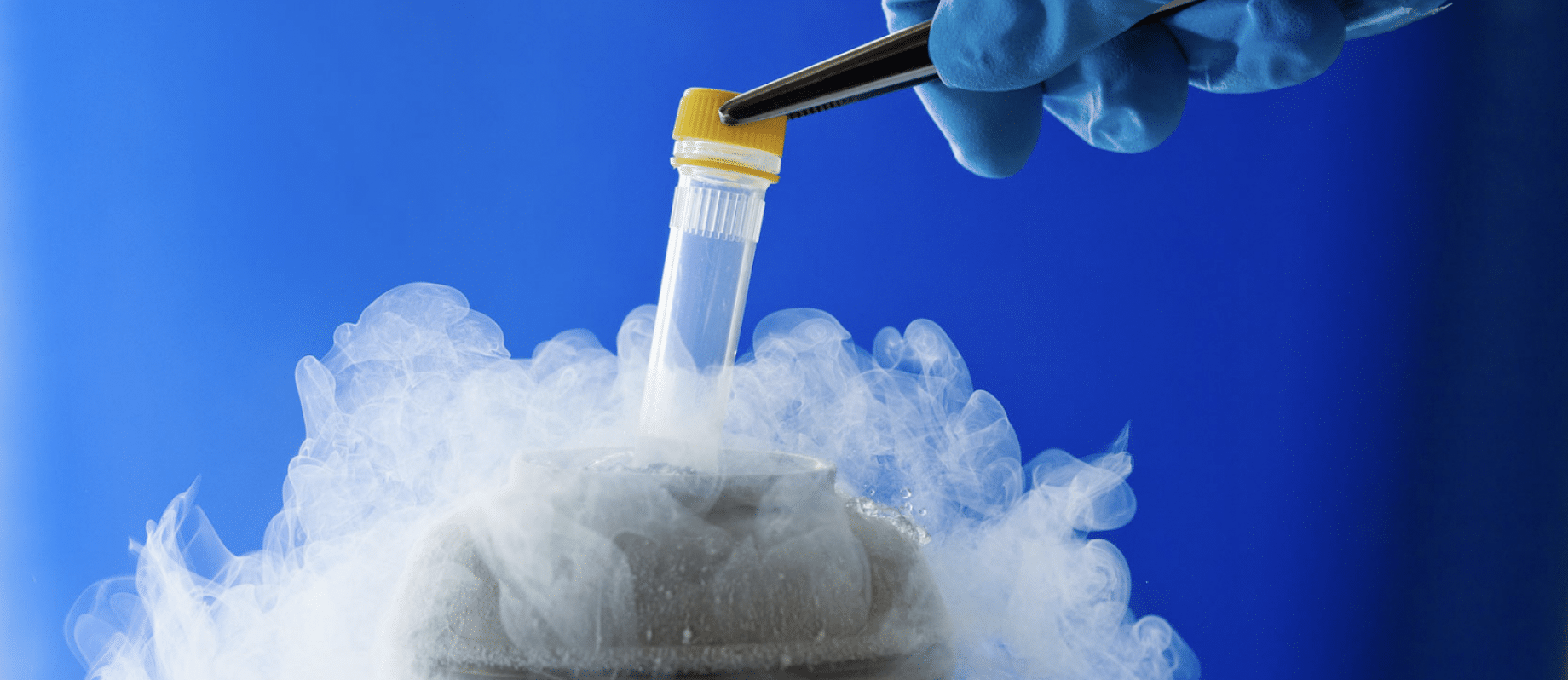
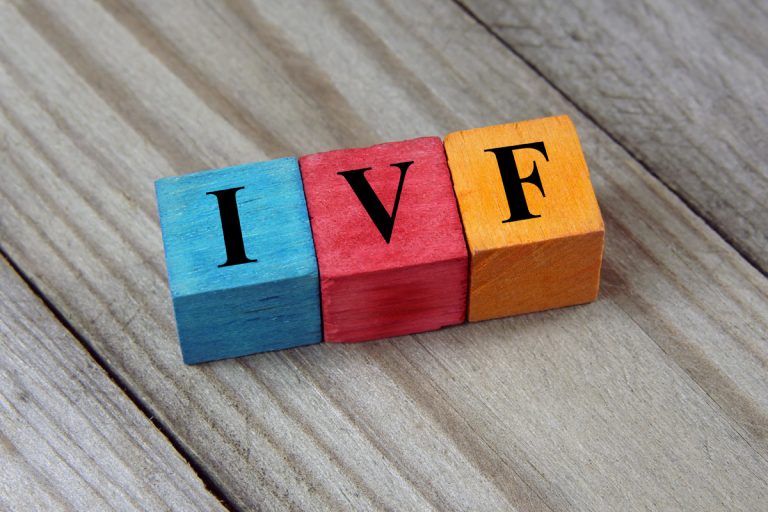
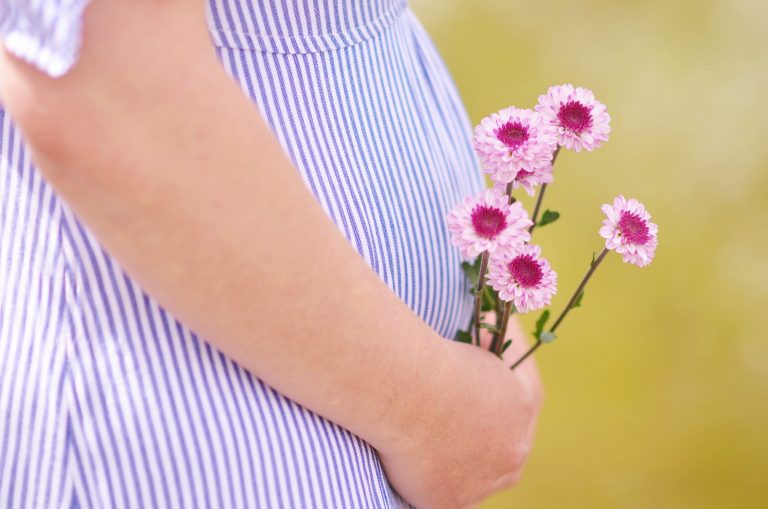
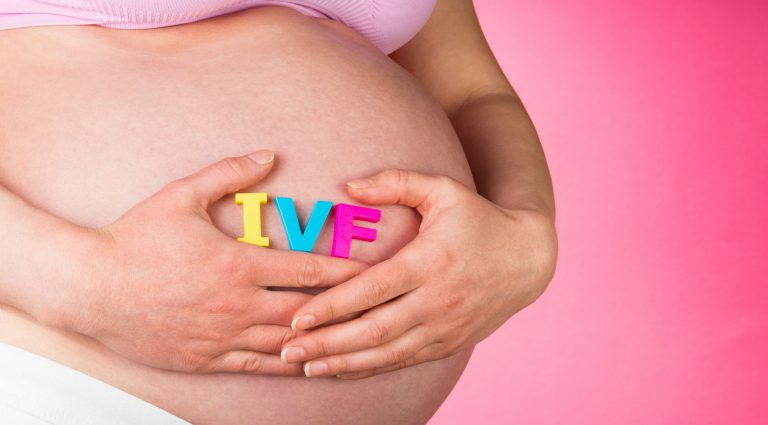
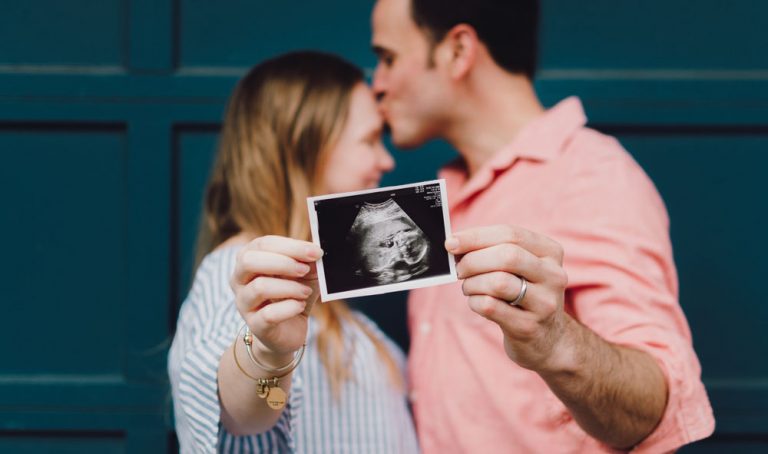




![Home Renovation Guide [2025]](/app/uploads/2021/04/design-hacks-1-378x300.jpg)
